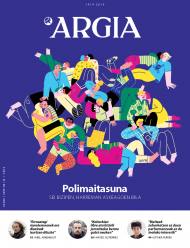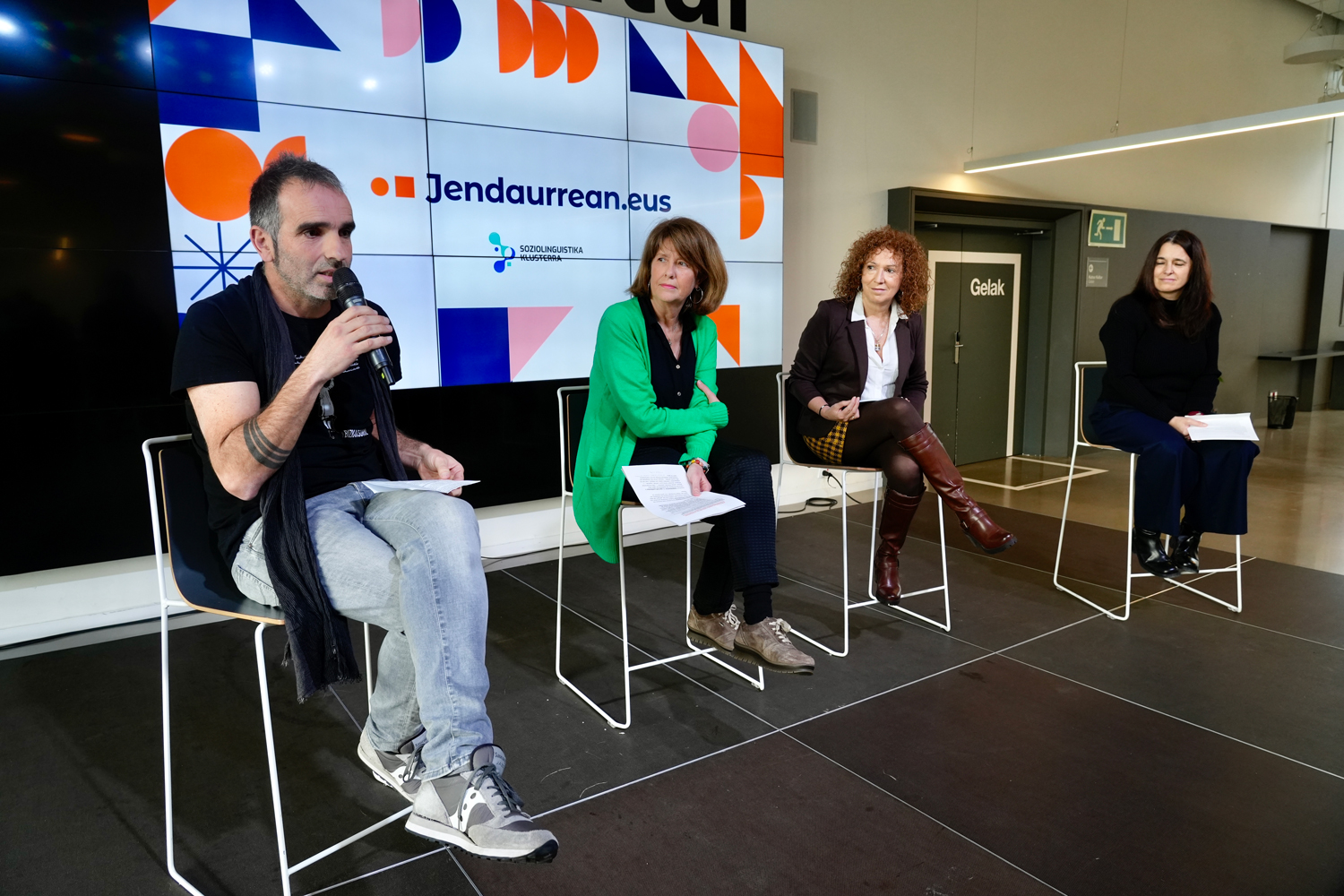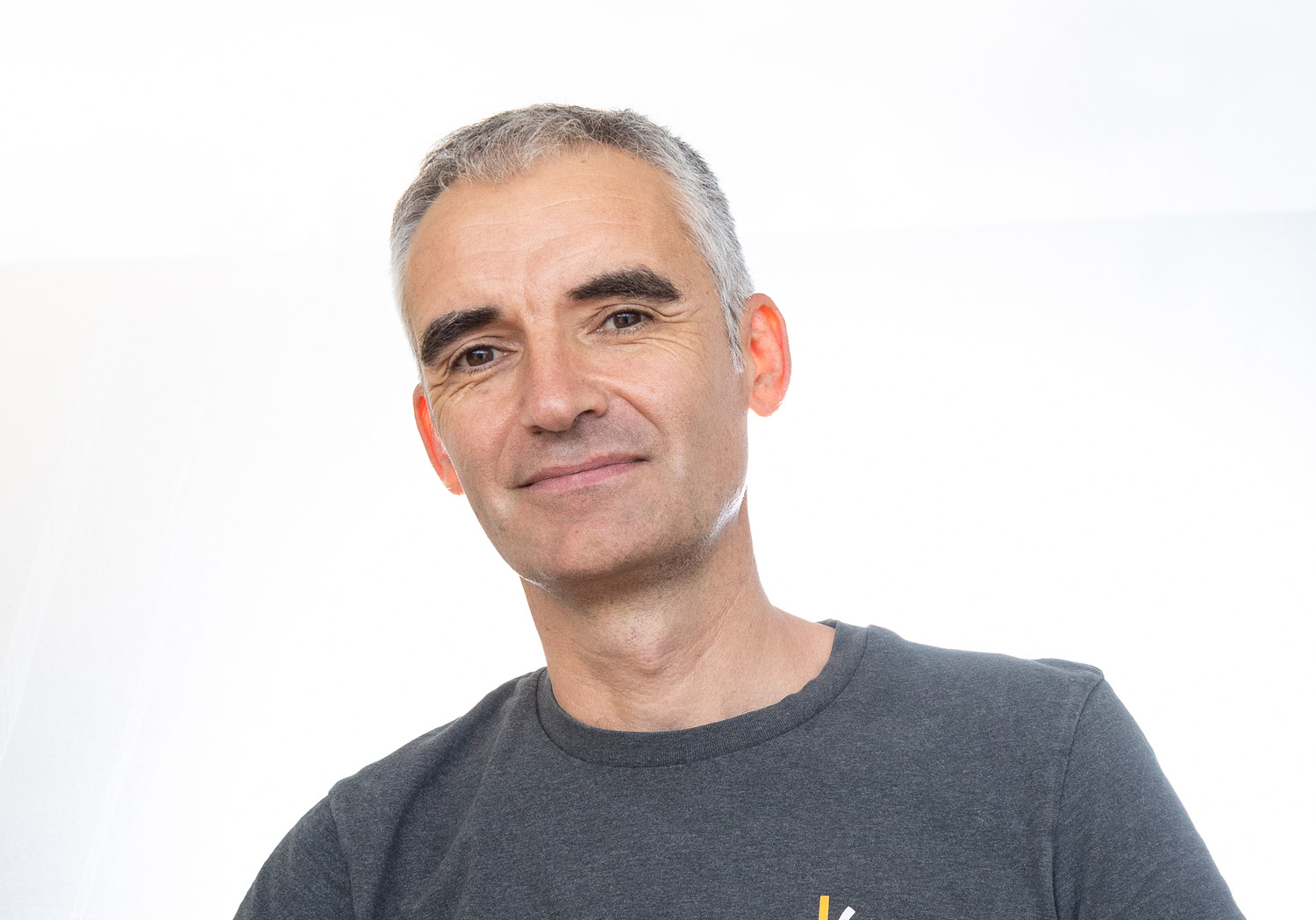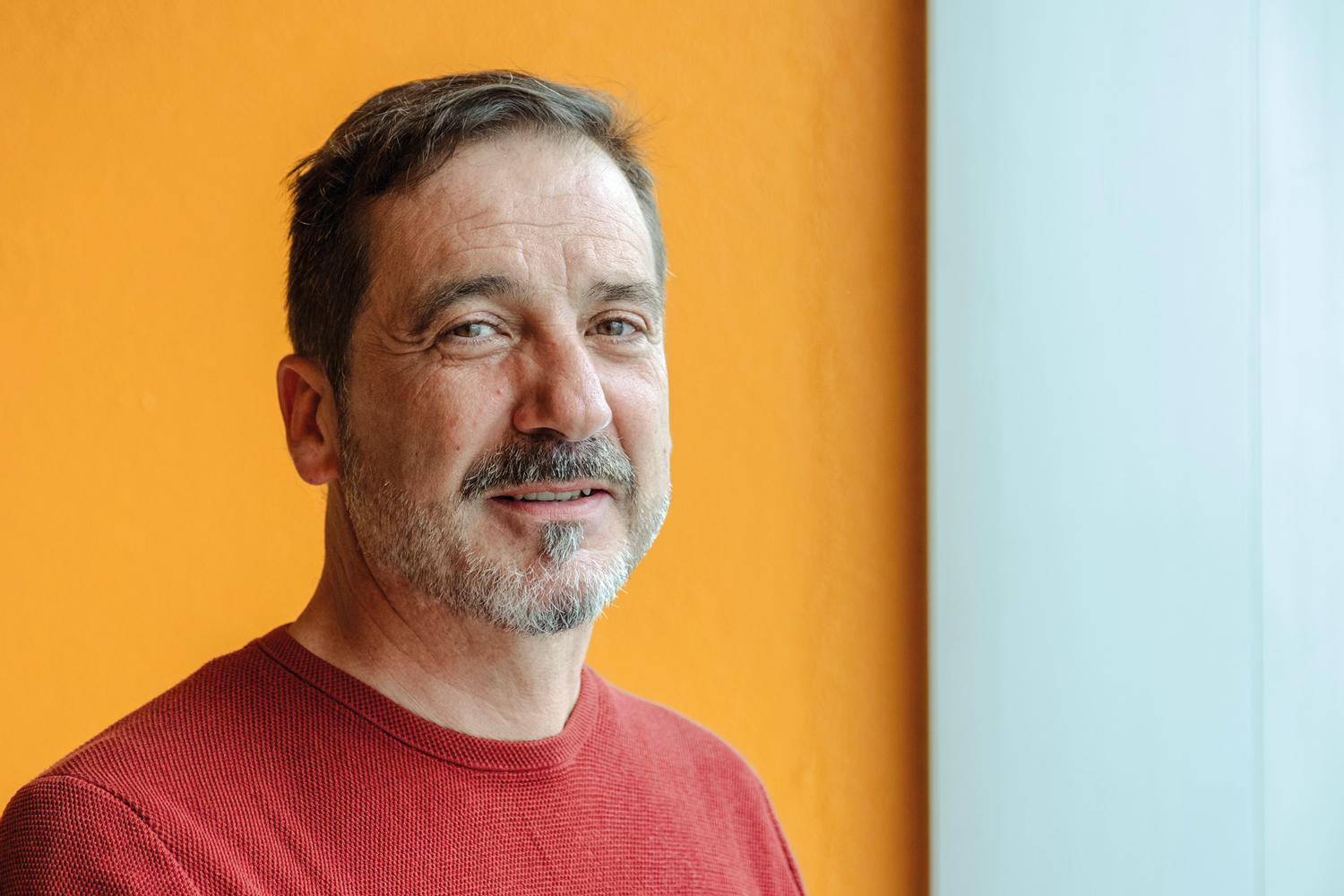1,117 Roncalais, in Hernani
- Euskaraldia started dancing at the end of 2018, for eleven days, many corners of the Basque Country. Meanwhile, the mecha has lasted eleven months. A thousand Hernaniards have made the challenge of changing language habits yours. Now is the time to read the data and learn from it.
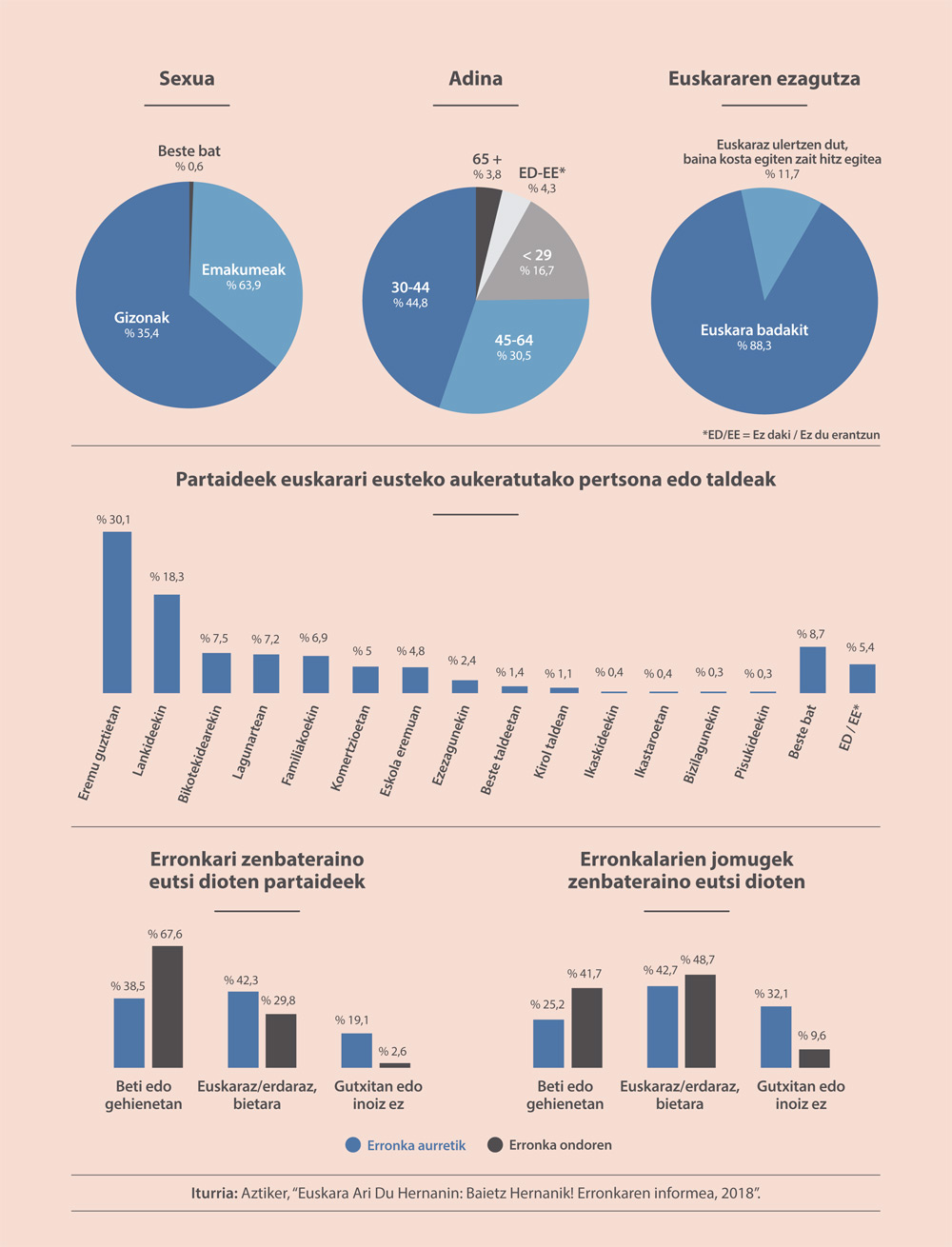
The challenge was launched by the Euskara Ari Du association. The association had not started at all, had experience in trying to change language habits. The 2018 was an ordago. Roncal Baietz Hernanik! Every month, a hundred Hernaniards wanted to name them and encourage others to meet a challenge to maintain the Basque country or to make the next one in Euskera. It was starting in February and ending in December, to see if a thousand people were going to act. Not necessarily all together. The bravest pointed to February and continued year-round in one or another challenge, although most long-term participants did not change the type of challenge. Others started more modesty and stayed for a month or several months at Roncal, without taking the jobs all year round.
The registration, monitoring and collection of results have been managed by the company Aztiker. Taking into account the whole year round, 1,117 citizens participated. 63.9% were women, 35.4% were men and 0.6% had not opted for either of the two types of staff selection. As in other initiatives for changing language habits, as in the case of Euskaraldia, women have been the protagonists.
As for age, about half of the participants were between 30 and 44 years old. The older they are, the lower their participation.
Of the 1,117 Roncaleses, 986 people knew how to speak in Basque and 131 had a hard time speaking but understood it. If we say it using the two roles of Euskaraldia, we can say that 88.3% were ahobizi and 11.7% were orarriprests. Those who were not able to understand Euskera could not participate.
Each participant had to choose a challenge for the month and to facilitate the election the organizers offered them a range of possibilities. The options most developed by the participants can be grouped into three groups. 30% decided that in all areas of their lives, in all the relations that corresponded to them, they would speak in Basque or ask their equivalent to speak in Basque. A total of 18.3% of respondents said they would challenge their co-workers. In Hernani is the company Orona and this work center had a strong participation in Baietz Hernani! In the project, and that made the world of work second place in the classification. Regarding the classified third parties, quarters and fifths, all of them are related to the closest relationship networks, that is, the Hernaniarras decided to perform the challenge with their partner (7.5%), friends (7.2%) and family (6.9%).
To see if there have been changes in language habits, 420 people have benefited from the answers. A total of 1,117 people were enrolled throughout the year, although as usual, not all of them conducted the valuation surveys. On the other hand, consideration has been given to those who have made the same challenge and at the same time have completed an evaluation survey. In short, and if you look at the infographic, you will see how, before the challenge, 38.5% said that they always or almost always spoke in Basque with the person or group they chose for the challenge, and once the challenge time is over, the figure rises to 67.6%. On the contrary, the percentages “half in Basque and half in Spanish” and “rarely or never in Basque” fall. The next infographic gives us information the other way around, that is, the Roncalés are telling us what the people or groups they have chosen for the challenge have done to them in Basque. Here there is also an increase in the sections “always or almost always in Basque” and “half and half in Basque and Spanish”. The second infographic shows that Roncalese influence destinations when it comes to changing language habits. In both infographics, the Roncaleses who know and understand Euskera are together.
The results we have just mentioned have been derived from the surveys carried out by the Roncalais. The participants were also asked a direct question, that is, the organizers wanted to know their views on this. They asked them the following question: To what extent do you think you have met the challenge? There you have the answer: 30.3% believe that it has fully met the challenge, 66.3% believe it has taken a step and 3.3% believe it has failed to meet the challenge.
Participants were asked about the difficulties they had in meeting the challenges and two prevailed in the responses: “Changing language habits is difficult” and “I haven’t had many opportunities to be with the person or the team I wanted to challenge.” These two difficulties have prevailed both among those who know the Basque country and among those who do not understand it but do not speak it.
I think it will have to do with the hangover of the profession, but I have to acknowledge that I look at the linguistic landscape of the places I visit. Signs that stick on the walls, hanging from streetlights, billboards, and supports that appear in shops or companies (signs,... [+]









